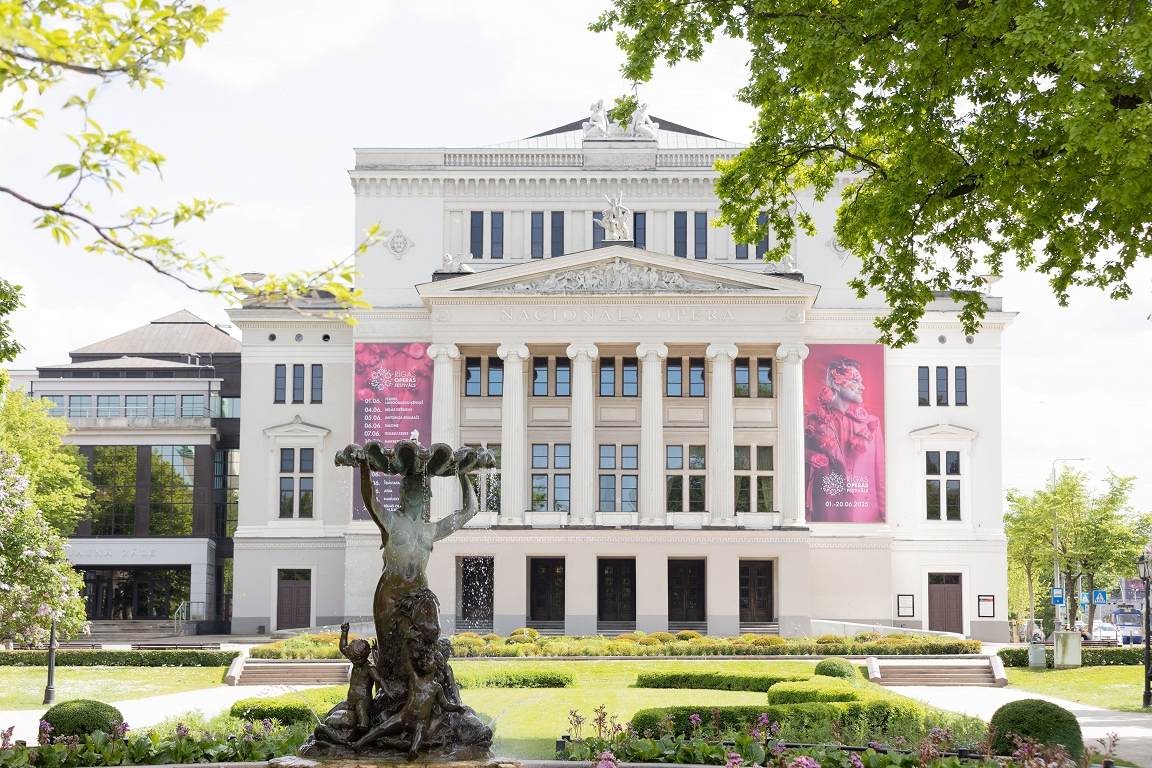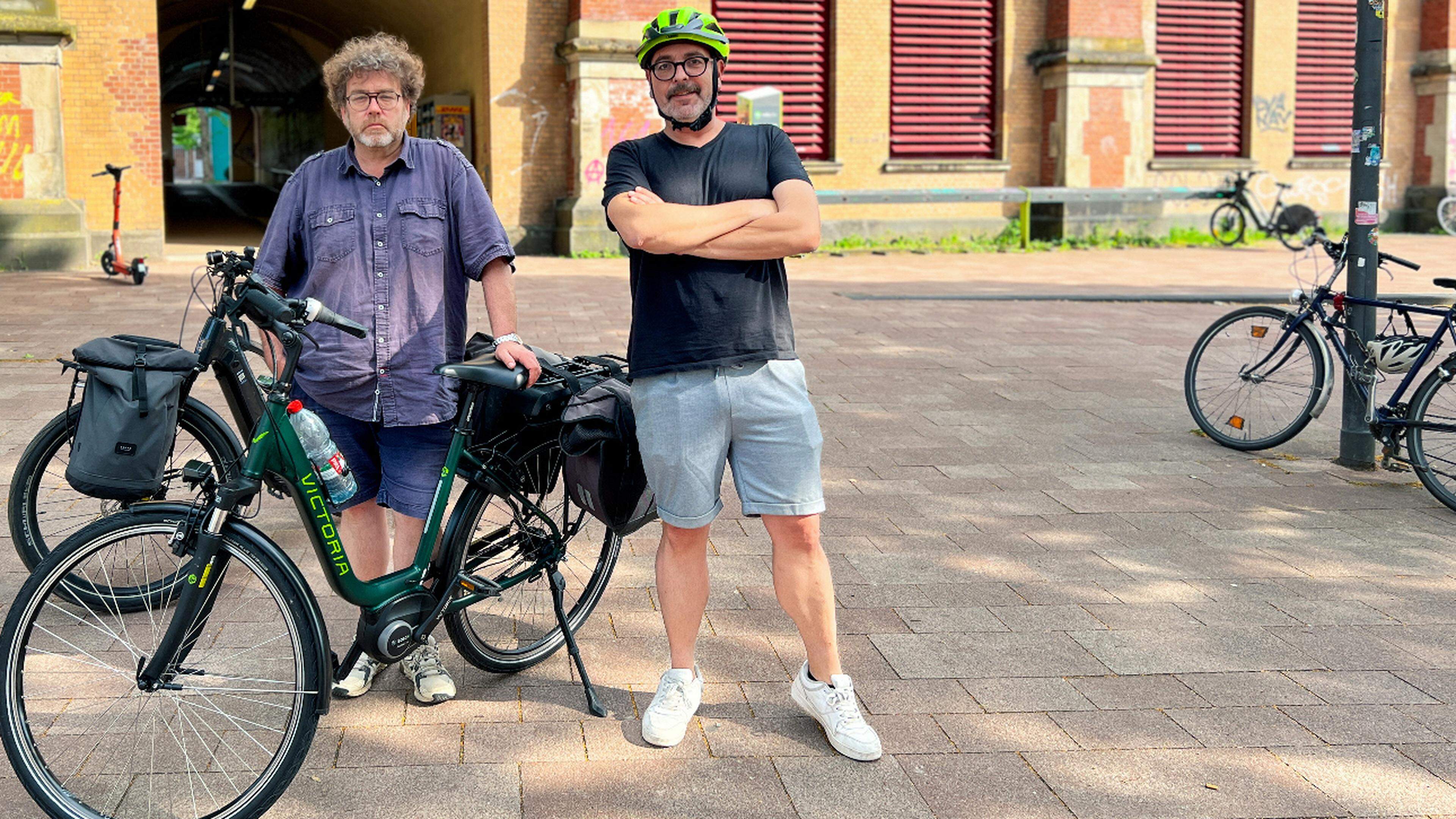In the darkness of the human heart

« Black Heart » by Sylvia Avalone
Translation: Evgeniya Ateva, « Hummingbird », 2025
The wave of the women’s novel in Italian literature continues to unfold; It is no longer an « episode », but a symptom of the intensified female presence in the literature of the new century. The « black heart » translation meets us for the first time with Sylvia Avaloneor at least I could not find another book from it on the Bulgarian market. However, the author cannot be called « promising » or « new » because her fiction path begins in 2010, when she won several awards and reached second place for « stroke » with her debut novel « Steel ».
« Black Heart » is her fifth novel; I saw that in several places they call it « most mature so far », but without other books in Bulgarian it is difficult for us to judge. I still read the complaint that its female type has entered the track of the spent cliche, but since I have no basis, I will write about the book through the optics of our first meeting with Sylvia Avalone.
Fate of being a woman
I start from the way younger Avalone (born in 1984) is somewhat similar, But no longer looks like Elena Ferrante and Rose VentrelaS She is fighting for her place in the stream of « female writing » and this can now explain the repetition of those characteristics she wants to establish as specific.
The resemblance to Ferrante and Ventrela is in the mentioned beginning, which gives birth to the photographic conviction of the places and the situation in which the storyline (Biela, where the villages in the mountains around, Bologna where he lives now), is born. However, events happen in almost the second day, which flows in parallel in the first years of our century. From now on, the differences begin. The hypnotic nostalgic atmosphere of childhood is completely displaced by the social issues of life in Italy.
| Avalone’s psychology is not fed by the eternal but contradictory nature of the human psyche. This (and I suppose every) novel has a clear focus on the shortcomings of social existence, specific to Italy nowadays. |
The psychological characteristic of the characters seeks to format the complexity of the mental being in the social forms of reality in which it exists. The center of social issues is occupied by the institution of children’s correctional homes (in other words, prisons for minor criminals). The punishment of the body in them suppresses the possibility of re -educating consciousness; The fact of the error displaces the need to get into the causes that have given birth to it.
By the « thanks » At the end of the book, it is clear that the author has gained access to the Criminal Institute for Minor Boys in Bologna, where she worked among the detained young people, organizing « Creative Workshops for Reading and Writing ». Indeed, in « Black Heart » the characters are mainly women, but such is the central character of all her novels.
And because Avalone wants to be the author of a psychological (plus social) prose, it is the central heroine Emilia Innochetti that cannot be understood (and not even) as a victim of the social environment. Nothing in her family and social environment implies a solution to the problem of when, how and why the « black heart » of the modern man is born.
Elena Ferrante: to write means to master everything that has already been written
The answer must be sought in the loneliness and alienation of our children, in the relationships between themselves, in their inability to understand and accept differences. In this way, the novel fits into a very up -to -date literary wave, targeting the problem of life, which leads to the satisfied young generations of our century.
| Beyond the current and as in any novel about « Crime and Punishment », from any era (the author has a university diploma in literature), the perspective of the story is determined by the ability (or inability) for redemption. Can the punishment give birth to redemption? And how, under what conditions? What does it mean to bring together in one place, locked behind thick walls, a large group of young people with raging emotions and hormones? |
Sylvia Avalone tells not only different things, but also differently. Her style is clear, clean, without that mysticism of the underdeveloped suggestion that is so specific to Elena FerranteS The plot unfolds gradually, perhaps a little slowly, with jumps from today to the past of its heroines. Readers are lifting their lives literally page by page, reading from front to back. It keeps them in tension, enhances their desire to see the secrets of a foreign – and why not their own? – « Black Heart ».








:format(webp)/s3/static.nrc.nl/wp-content/uploads/2024/10/23100921/data123300162-291e87.jpg)
